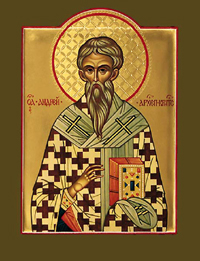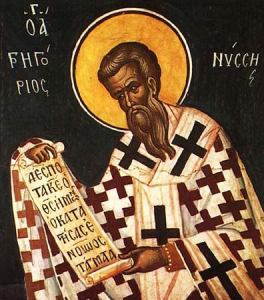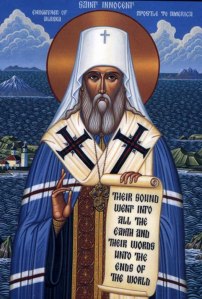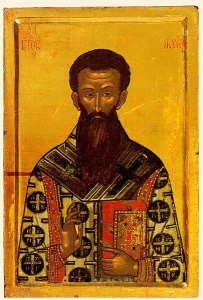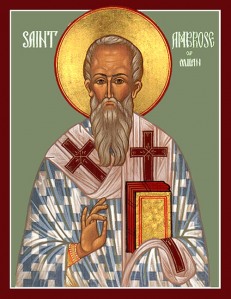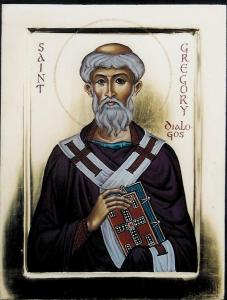 Whence then cometh wisdom? and where is the place of understanding? Seeing it is hid from the eyes of all living, and kept close from the fowls of the air (Job 28:20-21).
Whence then cometh wisdom? and where is the place of understanding? Seeing it is hid from the eyes of all living, and kept close from the fowls of the air (Job 28:20-21).
In Holy Scripture ‘birds’ are sometimes given to be understood in a bad sense, and sometimes in a good sense.
Since by ‘the birds of the air’ occasionally the powers of the air are denoted, being hostile to the settled purposes of good men.
Whence it is said by the mouth of Truth, And when he sowed, some seeds fell by the wayside, and the fowls of the air came and devoured it (Matt. 13:4); in this way, because evil spirits besetting the minds of men, whilst they bring in bad thoughts, pluck the word of life out of the memory.
Hence again it is said to a certain rich man full of proud thoughts; the foxes have holes, and the birds of the air have nests, but the Son of Man hath not where to lay His Head (Matt. 8:20l Luke 9:58).
For foxes are very cunning animals, that hide themselves in ditches and caves; and when they face the light, they never run in straight courses, but always by crooked doublings. But the birds as we know with lofty flight lift themselves into the air.
So, then, by the name of ‘foxes,’ the crafty and cunning demons, and by the title of the ‘birds of the air’ these same proud demons are denoted.
As if he said, ‘The deceitful and uplifted demons find their habitation in your heart; i.e. in the imagination of pride,’ ‘but the Son of Man hath not where to lay His Head,’ i.e. ‘My humility findeth not rest in your proud mind.’
For as by a kind of flight that first bird lifted itself up, which said in the uplifted imagination of the heart; I will ascend into heaven, I will exalt my throne above the stars of God: I will sit also upon the mount of the congregation in the sides of the North. I will ascend above the heights of the clouds. I will be like the Most High (Is. 14:13).
Mark how he in flying sought the regions on high with pride. This same flight also he recommended to the first of human kind [Adam and Eve] as well. For they themselves by flying as it were tried to go above their own selves, when it was told them that they should taste and be like gods.
And while they seek after the likeness of the Deity, they lost the blessings of immortality, which same would not by dying have gone into the earth, if they had been willing to stand with humility upon the earth.
Gregory the Great (c.540-604): Reflections (Moralia) on Job, 19, 2 (on Job 28:20-21) @ Lectionary Central.
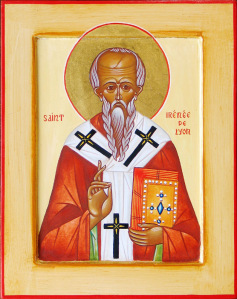 Continued from
Continued from 